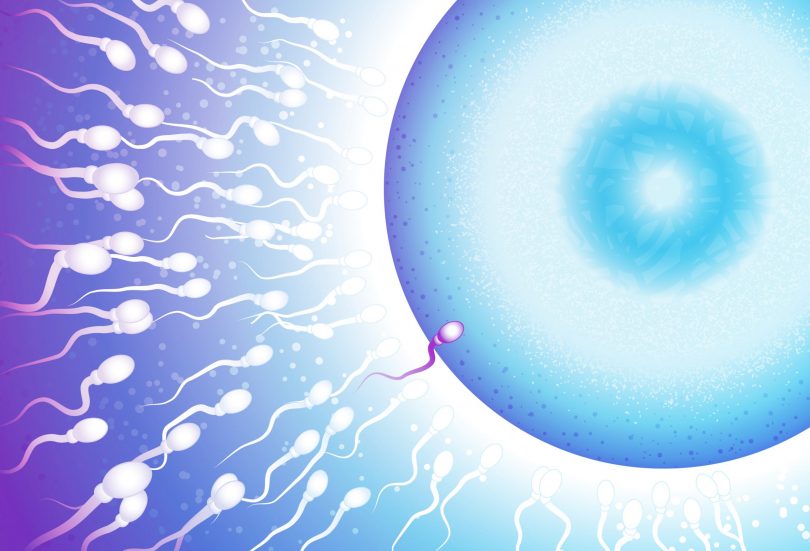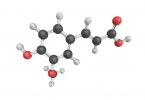While many couples who go through the IVF process are able to use their own eggs, some may require an egg donor. When this happens, they have the option of keeping their donor anonymous, or they can select one according to a few defining factors. In the second instance, having some criteria in mind prior to the selection process can make it easier.
How does IVF work and why is a donor sometimes needed?
IVF is the process of fusing eggs and sperm together in a laboratory environment to form an embryo. To do this, the potential mother either goes through cycles of hormonal treatment to harvest eggs, or the couple chooses a donor. In addition to same sex couples sometimes needing a donor, illnesses and age can prevent a woman from being able to use her own eggs.
How do couples find donors?
Clinics like Invimed often have a database of donors ready for couples to select from. There are alternative ways of finding donors, but choosing from a group of women who have been pre-screened by a medical team is usually a safer option. This is because medical teams will look at compatibility issues, such as ill-matched genetics, as well as the general health of the donor.
When looking at a donor, couples may want to choose one who has similar features to their own. For example, couples with dark hair and green eyes may choose a donor with the same characteristics. It’s also possible to get more information about a donor, such as their educational background and personality. Finally, it’s always important to consider whether the donor’s medical history is compatible with the couple’s.
Do donors increase the IVF cost?
Donors increase the IVF cost, but in the long-term, opting for healthy eggs can save paying for repeat cycles, so using one may reduce costs overall. Prior to selecting one, discussing requirements with a skilled clinician is essential for success.







